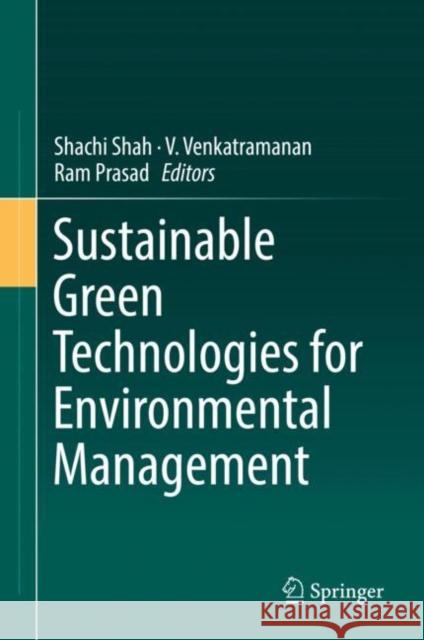Sustainable Green Technologies for Environmental Management » książka
topmenu
Sustainable Green Technologies for Environmental Management
ISBN-13: 9789811327711 / Angielski / Twarda / 2019 / 303 str.
Kategorie:
Kategorie BISAC:
Wydawca:
Springer
Język:
Angielski
ISBN-13:
9789811327711
Rok wydania:
2019
Wydanie:
2019
Ilość stron:
303
Waga:
0.62 kg
Wymiary:
23.39 x 15.6 x 1.91
Oprawa:
Twarda
Wolumenów:
01
Dodatkowe informacje:
Wydanie ilustrowane











